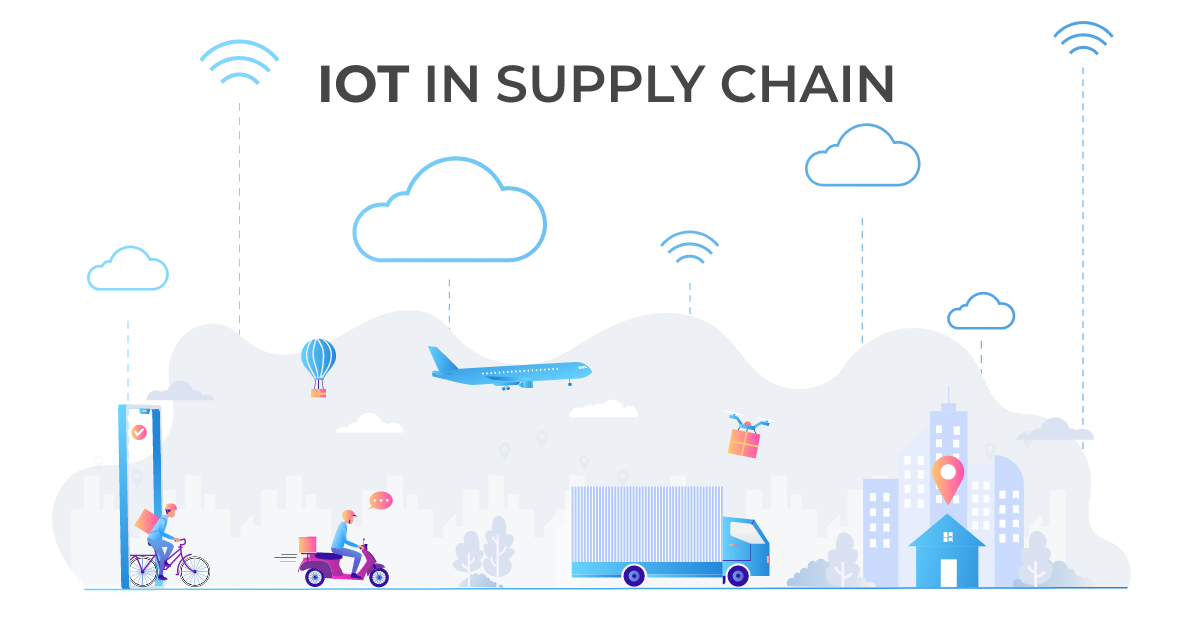In today’s fast-paced business environment, client intake processes are crucial for establishing strong relationships and ensuring operational efficiency. However, traditional intake methods often suffer from inefficiencies and human errors, which can lead to delays, inaccuracies, and dissatisfaction. The integration of Artificial Intelligence (AI) into client intake systems offers a transformative solution, enhancing accuracy, speed, and personalization while minimizing the risk of human error.
Enhancing Accuracy and Efficiency
AI-powered client intake systems automate repetitive tasks, such as data entry and document processing, which are prone to human mistakes. By leveraging intelligent algorithms, these systems can analyze client responses quickly and accurately, reducing the likelihood of errors that often occur during manual data collection. For instance, legal AI can auto-populate forms with client information, validate data accuracy, and suggest relevant entries, thereby accelerating the intake process and ensuring high-quality data output.
Personalized Client Experience
AI not only streamlines the intake process but also provides a personalized experience for clients. By analyzing client data, AI can offer tailored recommendations and services, enhancing overall satisfaction. For example, AI chatbots can guide clients through the intake process, ensuring they provide all necessary information while feeling supported and valued. This personalized approach fosters stronger connections with clients from the outset, leading to higher satisfaction rates and improved retention.
Reducing Administrative Overhead
Manual intake processes involve extensive administrative work, including endless emails, data entry, and follow-ups. AI eliminates much of this by automating intake forms, pre-populating data, and standardizing workflows. This reduces administrative burdens, allowing professionals to focus on delivering high-value services rather than routine tasks. For instance, AI can automatically pull client details from a CRM or autofill repetitive documents, saving hours every week.
Enhanced Data Visibility and Scalability
AI-powered systems offer real-time tracking and reporting, providing legal teams with a clear view of all incoming requests, their status, and potential bottlenecks. This improves transparency and allows for better resource planning and decision-making. Moreover, AI intake systems are scalable, capable of handling increasing volumes of requests without adding extra administrative burden, making them a long-term solution for growing businesses.
Mitigating Human Error in Legal Intake
In legal client intake, AI can significantly mitigate human error by detecting missing information or inconsistencies, especially in legal research. AI chatbots can automate routine communications, provide 24/7 support, and integrate with practice management software for seamless operations. Additionally, AI can analyze intake data to identify potential conflicts of interest and predict case outcomes, helping legal teams make informed decisions.
Streamlining Technical Onboarding
Beyond client intake, AI also enhances technical onboarding processes by automating repetitive tasks and personalizing training experiences. AI solutions analyze new hires’ backgrounds and skill sets to tailor onboarding content, reducing the learning curve and improving engagement. This personalized approach not only enhances learning outcomes but also boosts new hire satisfaction and retention.
Conclusion
The integration of AI into client intake processes is revolutionizing how businesses manage their onboarding. By automating tasks, enhancing accuracy, and providing personalized experiences, AI significantly reduces human error and improves operational efficiency. As businesses continue to adopt AI technologies, the potential for improved client intake processes becomes increasingly evident, offering benefits in terms of efficiency, accuracy, and client satisfaction.

